

When it comes to America’s race to the bottom, Apple is right there at the finish line waving the checkered flag. At least that’s the impression one gets from reading “How U.S. Lost Out on iPhone Work,” in Sunday’s New York Times. Reporters Charles Duhigg and Keith Bradsher begin their lengthy piece with an unsettling anecdote set at a 2011 dinner for Silicon Valley big wigs that was attended by President Obama. At one point the president asked the late Steve Jobs why Apple couldn’t bring back to America the tens of thousands of jobs it had outsourced, mostly to Asia, where its iPads, iPhones and other products are engineered and assembled.
“Those jobs aren’t coming back,” Apple’s CEO reportedly replied. End of discussion.
According to Duhigg and Bradsher, Apple’s brass believes the American worker, besides earning too much money for his or her labor,
» Read more about: Apple’s Labor Pool: Job Market or Slave Auction? »


 Both of my legs came out from under me, but it was my left knee that twisted painfully and bore the brunt of the accident. I landed hard. My entire backside was doused in mop-colored water.
Both of my legs came out from under me, but it was my left knee that twisted painfully and bore the brunt of the accident. I landed hard. My entire backside was doused in mop-colored water.
An ice machine had been leaking for nearly three months creating a pool. I wish I could call it a puddle, but when a person can drown in the water they fall in, I’ll refer to it as a pool.
I felt like a real idiot after it had happened. I mean everyone knew that the LAKE of water was there. Servers, cooks, the chef and even the restaurant management of the Hyatt Andaz hotel knew to be wary of this certain area, but as minds go, mine was somewhere else — but came crashing back to reality within an instant.
The week after the accident was filled with doctor’s office visits,


Two hundred and thirty six years ago, in January 1776, Thomas Paine published Common Sense, the wildly popular pamphlet that made the case for American freedom and helped to spark a revolution.
This year, the Tea Party hopes to turn the 2012 elections into a fight for American freedom. Their first salvo — the electric light bulb. Last month, they threatened to shut down the government unless new energy efficiency standards for light bulbs were delayed. They didn’t delay the standards but they succeeded in delaying their implementation. The final budget deal prohibits the Department of Energy from spending any funds on the new rules.
In 2007, Congress passed The Energy Independence and Security Act that included a provision authored by Republican Congressman Fred Upton giving light bulb manufacturers until 2012 to produce light bulbs that used 25 percent less energy than old-fashioned, energy wasting incandescent bulbs.
» Read more about: Dim Bulbs: Tea Party Rages Against the Light »
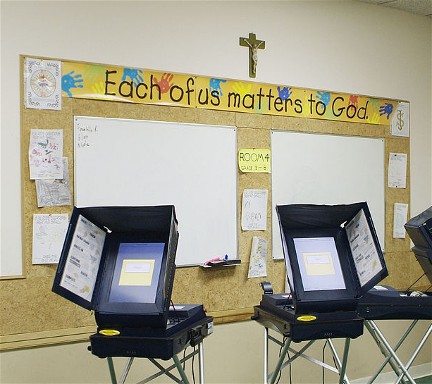
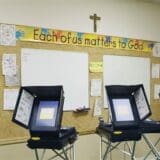
Not long after the Los Angeles social upheaval of 1992, Mayor Tom Bradley tapped Warren Christopher, former Secretary of State under Bill Clinton, and a long-time Angeleno, to lead a panel examining the issues surrounding what is still the most costly urban riot in American history. As part of his study, Christopher convened a group of clergy. He wanted to know what our parishioners may have told us about their interactions with officers of the police department that they might not say in public.
Late in the meeting, Christopher asked if we had any perspective on the role of religion in public office. There was a moment of silence, then we said something like this: People expect elected officials to hold some faith-informed values, but they don’t want politicians to impose their religion on everyone else.
This experience comes back to me in the noise and glare of the Republican presidential primaries.
» Read more about: Are You Running With Me (for President), Jesus? »
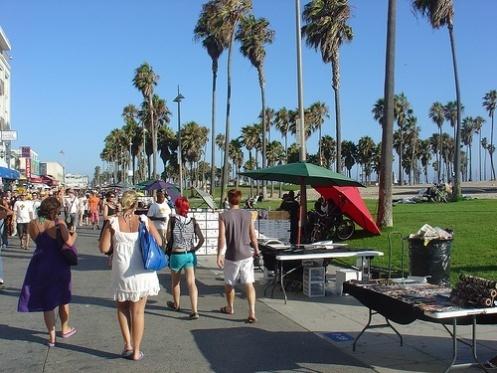
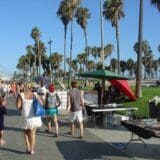
Whenever a friend visits from out of town I take them for a stroll down Venice Beach where the diversity of Los Angeles is on brilliant display – tattoo diversity, mental health diversity, “beachwear” and performance diversity, amongst many forms of human heterogeneity. Often we’ll pick up a $5 ring or necklace from one of the vendors, or a salt-and-pepper shaker shaped like lovers in a big hug — or beaded wind chimes that seem so charming in the light of a bright Southern California afternoon.
But on a stroll last weekend I learned that the times are a-changing on Venice Beach. This Friday a card table jewelry seller with 14 years seniority told me that every non-artist will be denied a sellers permit, in order to limit economic competition with nearby permanent stores.
The debate about who should be able to sell their wares on Venice Beach has been going on for decades.
» Read more about: Boardwalk Umpire: Deciding Who’s a Venice Artist »
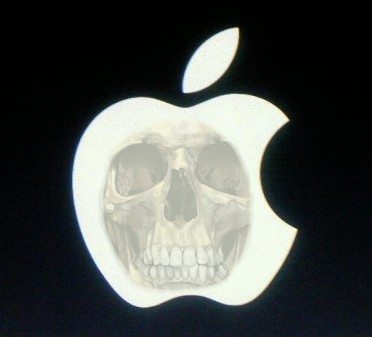

Odds are good that right now, you are using a product that was manufactured in a way that would make you uncomfortable. Not necessarily your tennis shoes (maybe you wear one of the few brands still made in the U.S.). Not your food (though no one wants to know how the sausage is made). No, if you’re reading this blog on a computer, a tablet or a smart phone, that device was probably made in China under conditions that you may have studiously avoided knowing about.
Most tech companies are only too happy to keep you in the dark. (Apple has recently made an announcement on this front—more on that in a moment.) On a recent episode of This American Life,* one man decided to try to do his own investigation. The entire episode told the story of Mike Daisey,
» Read more about: Hi-Tech Workers Wanted. Excellent Death Benefits. »


This past Sunday The New York Times devoted a 2700-plus-word feature to humanizing one of America’s most maligned, despised minorities – the rich. “One Percent, Many Variations” was billed as “a nuanced portrait” of the rich and super-rich. Its authors, Shaila Dewan and Robert Gebeloff, seemed genuinely surprised to discover that America’s wealthy do not only live “in New York and Los Angeles, but also in Denver and Dallas,” and that they are a surprisingly diverse group of fellows whose ranks included “podiatrists and actuaries, executives and entrepreneurs, the self-made and the silver-spoon set.”
The piece is basically divided among interviews and statistics about the rich – lots of statistics. For example, the authors write, “Studies show that whites have more upward mobility than blacks.” (Who knew?) And that more vote Republican than Democratic. (Didn’t see that one coming.) Not only that,
» Read more about: The One Percent Are Different From You and Me »
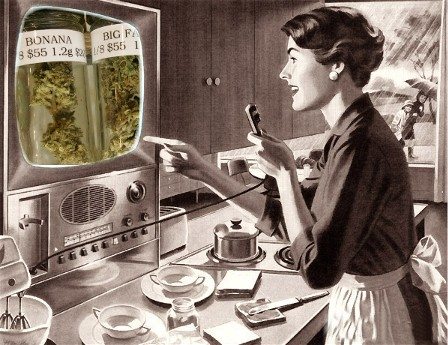
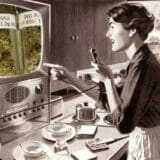
I am generally no fan of shopping. Not for fear of being tased or pepper-sprayed, and not even because of my disdain of spending money; I just find the whole shopping experience kind of soul-crushing. To minimize crowds, I time my grocery-shopping to be either early-morning or late-evening, and if I ever have to go to the mall, I truly have to steel myself against the horror.
The main exception to my reluctance to shop is going to the marijuana dispensary to pick up my medicine. When I step past the security area into the display room, I generally feel like a kid in a, well, a marijuana shop. But now, according to a recent article in the L.A. Business Journal, this rare shopping joy may be threatened.
A former manager of law offices and pot dispensaries has invented the MedBox,
» Read more about: Will New Technology Kill a Pot Dispensary’s Buzz? »
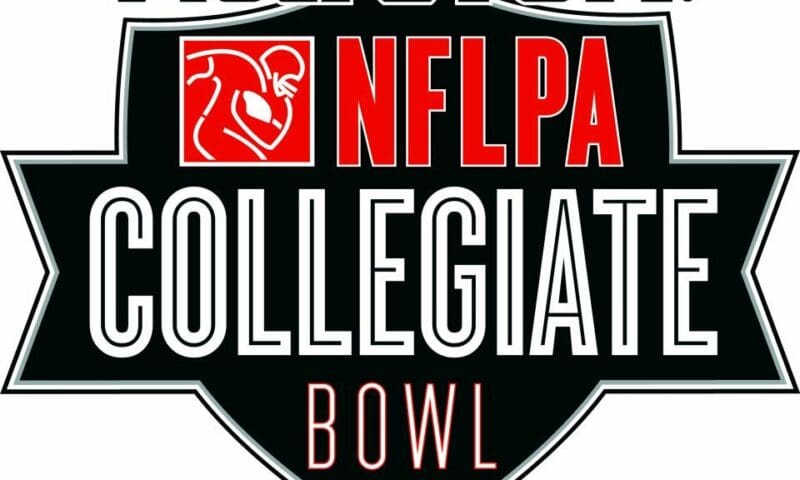
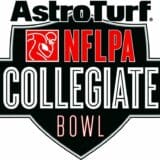
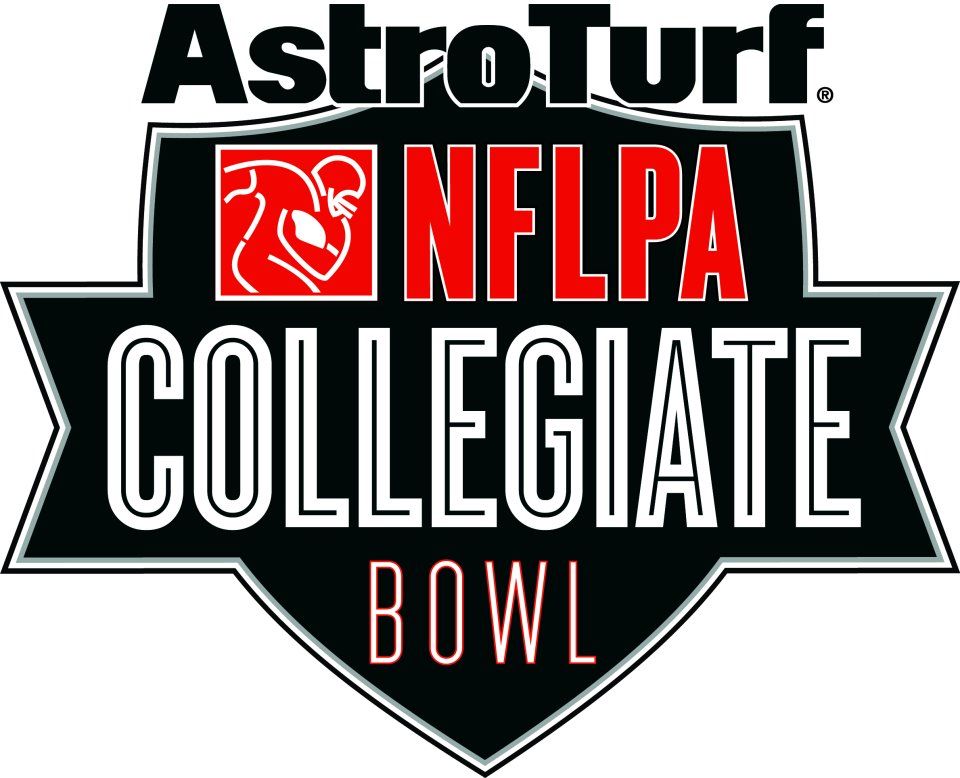
Last year, we wrote a few articles about college football, one recommending that the NFL Players Association should join forces with the National College Players Association to organize college football workers. And now, in a way, they have, or at least so the NFL thinks.
This Saturday, the NFLPA is organizing its Astroturf Collegiate Bowl at Carson’s Home Depot Center, wherein some of the top college prospects expected to enter the NFL next year will battle each other in one of several college all-star games.
Though this seems wholly positive for the league, apparently they are in a bit of a snit owing to the fact that the NFLPA has invited not just seniors with no college eligibility left, but also underclassmen. As such, the NFL has said it will prohibit scouts from attending the game.
» Read more about: Amateur Hour: NFL Fumbles Policy on College Game »


It’s official: Frightwing Congressman Howard “Buck” McKeon (R-Santa Clarita) will have the newly redrawn 25th District all to himself, since fellow conservative Elton Gallegly announced January 7 that he will not contest the seat – which swallows up Gallegly’s home in the old 24th District. While perhaps not as big a news item as the retirement of the party’s state Congressional delegation leader Jerry Lewis (R-Redlands), Gallegly’s surrender means McKeon, 73, will inherit the cop suburb of Simi Valley (home also to the Reagan Library) and one of the most entrenched conservative strongholds in Los Angeles County.
Buck McKeon’s fiefdom has always been something of an anomaly. The old configuration of his 25th District was a gerrymander-shaped creature that began at the eastern Ventura County Line and stretched across forest and desert to the Nevada border, then swung up along the state line all the way north to a position almost parallel with Sacramento.